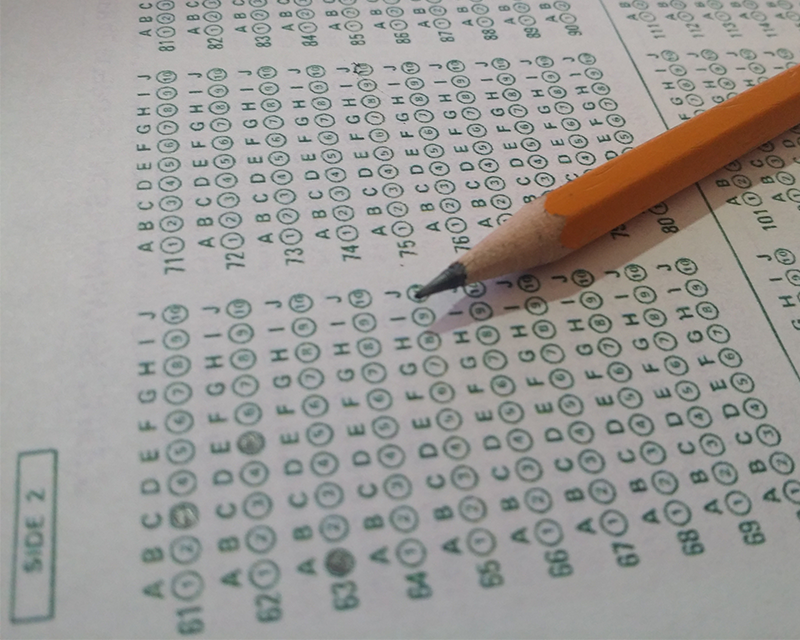After receiving a 900 on the SAT administered in March 2018, Kamilah Campbell believed that she needed a better score to get accepted into her dream school: Florida State University. The high school senior decided to take the test again in October 2018, and was able to raise her score to a 1230. Within seven months, the Florida teenager was able to raise her SAT score by over 300 points, a huge improvement by any metric. However, when she received a letter in the mail from the Educational Testing Service (ETS), she did not receive her test results–rather she was notified that her test scores were canceled due to “substantial agreement” with the answers of other test takers. In response, Campbell has proceeded to sue the College Board and has triggered discussion regarding the company’s transparency regarding score cancellations. Whether Campbell cheated or not, College Board needs to adjust its policies regarding score cancellations to prevent unfounded accusations from happening in the future.
According to CNN, The ETS, which administers the SAT on behalf of College Board, informed Ben Crump, Campbell’s lawyer, that Campbell had to have “prior knowledge” of the test to have such a substantial increase in scores. However, the ETS has not provided any evidence supporting its allegation of cheating other than the fact that Campbell’s answers were in “substantial agreement” with the answers of other test takers. The ETS has issued no further statements regarding the issue and has not shown any physical evidence such as score reports detailing matching answer sheets between Campbell and her fellow test takers.
The terminology that the ETS and College Board have used in response to this case is very vague. For example, exactly how does the College Board draw the line between answers being in “substantial agreement” and mere coincidence? Is there a threshold or specific number of identical answers that test takers must have to be considered cheating? It is the responsibility of the College Board to provide such clarifications in order to prevent similar cases from occurring in the future. For the best interests of testing for everyone, clearing the vague terminology will reduce cheating and prevent people from being wrongly accused of cheating.
Regardless of whether Campbell cheated or not, assuming her to be guilty of cheating and canceling her scores without proper evidence is a very irresponsible position for College Board to take. One of the most fundamental principles of the American justice system is the idea that defendants are innocent until proven guilty. This is because a defendant can be easily disadvantaged in proving his or her innocence. For example, it may be hard for Campbell to find eyewitnesses that can testify to the fact that she did not cheat with other test takers throughout the duration of the entire test, as many proctors do not focus all of their attention on a single test taker. Ultimately, the burden of proof should be put on the ETS and they should bear the responsibility of collecting evidence that Campbell is guilty of cheating.
As students of SIS and around the world prepare to take the SAT very soon, it is concerning that the Educational Testing Service has continued to cancel scores without substantial evidence under a set of vague regulations. South Korea has seen its fair share of test cancellations due to cheating allegations, such as in 2013 when the College Board cancelled the administration of the May exam in the entire country. It is time for the ETS and College Board to release scores and tangible evidence to justify its score cancelations.

